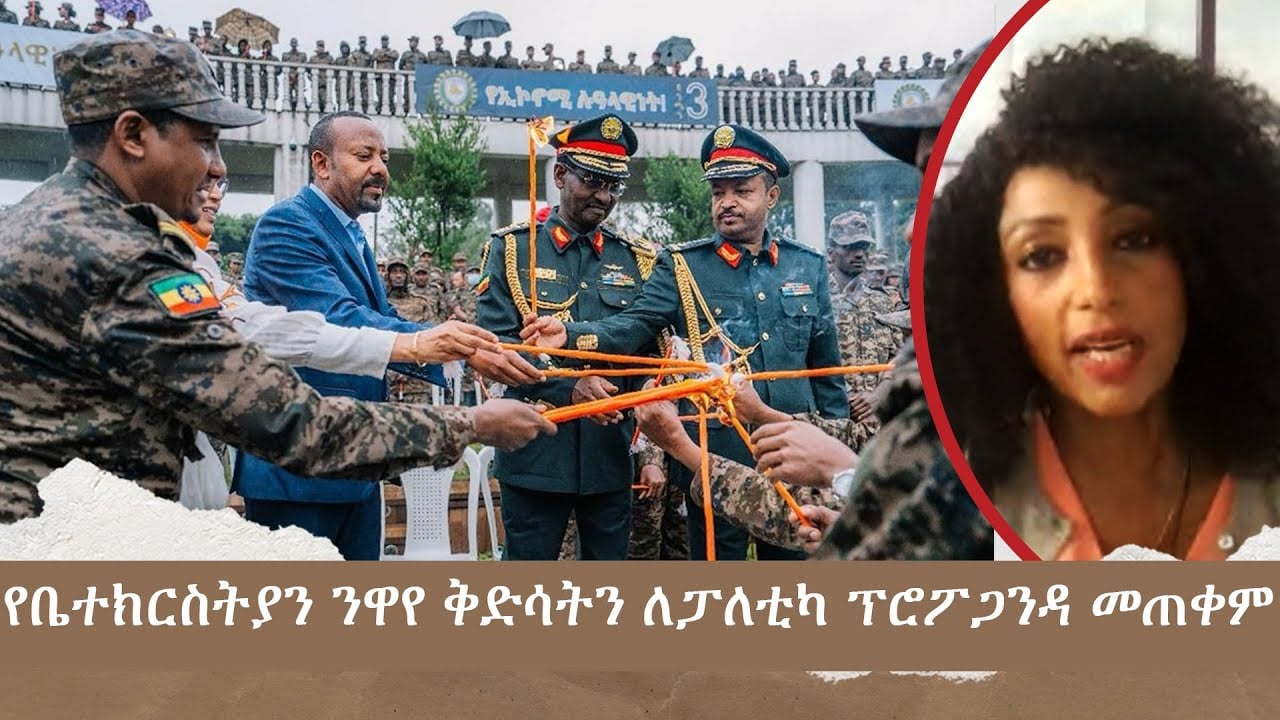 On Ethiopia has faced significant challenges to its sovereignty in recent years, primarily due to internal conflicts and political instability. The crisis stems from a complex interplay of ethnic tensions, regional disputes, and political power struggles.
On Ethiopia has faced significant challenges to its sovereignty in recent years, primarily due to internal conflicts and political instability. The crisis stems from a complex interplay of ethnic tensions, regional disputes, and political power struggles.
Ethiopia’s sovereignty crisis:
Ethnic Federalism: Ethiopia’s federal system is organized along ethnic lines, which was intended to provide self-determination to various ethnic groups. However, this has also intensified ethnic divisions and conflicts, as different groups vie for greater autonomy or independence.
Political Repression: The Ethiopian government has been accused of human rights abuses and political repression, particularly under the previous administration of Prime Minister Abiy Ahmed. Though Abiy Ahmed, who came to power in 2018, introduced some reforms, including the release of political prisoners, there have been ongoing concerns about authoritarianism and crackdowns on dissent.
Ethnic Violence: In addition to the conflicts involving the Amhara and Tigray, and Oromia regions, Ethiopia has experienced numerous instances of violence among various ethnic groups. Such occurrences have frequently been intensified by political and economic turmoil, resulting in significant displacement and loss of life.
Regional Influences: Ethiopia’s geopolitical position in the Horn of Africa makes it a focal point for regional powers. The involvement of countries like Eritrea, Sudan, and Egypt in Ethiopia’s internal affairs, particularly concerning the Grand Ethiopian Renaissance Dam (GERD) on the Blue Nile, has further complicated the situation.
Economic Struggles: Ethiopia’s economic challenges, including high poverty rates and unemployment, have also contributed to political instability. Economic discontent can fuel social unrest and exacerbate existing conflicts.
On Sunday, Abiy Ahmed issued a stern warning, asserting that his nation would “humiliate” any country that poses a threat to its sovereignty, amidst escalating tensions in the volatile Horn of Africa. This declaration underscores Ethiopia’s commitment to defending its territorial integrity in a region marked by instability.
Ethiopia, the second most populous country in Africa, finds itself embroiled in a contentious dispute with neighboring Somalia regarding a maritime agreement it has established with the self-declared region of Somaliland. Additionally, relations with Egypt remain strained due to concerns surrounding Ethiopia’s ambitious dam project on the Blue Nile River, which has been a source of significant regional tension.
During a Sovereignty Day event held in the capital city of Addis Ababa, Abiy emphasized, “We will not be touched! However, we will humiliate anyone who dares to threaten us in order to dissuade them.” This statement reflects Ethiopia’s resolve to protect its sovereignty and deter any external challenges to its national interests.
The Ethiopian News Agency has reported on a statement asserting that discussions concerning the sovereignty and dignity of Ethiopia will not take place. In a related development, Egypt has put forth a proposal to send troops to Somalia as part of a new mission under the auspices of the African Union, which is intended to replace the existing peacekeeping operation known as ATMIS in the forthcoming year. This initiative underscores Egypt’s dedication to fostering stability in the region through cooperative measures.
Ethiopia is a key participant in the ATMIS mission, offering vital assistance to Somali forces engaged in the ongoing struggle against the Al-Shabaab militant organization. The presence of Ethiopian troops has been instrumental in enhancing the operational capabilities of Somali forces as they work towards reestablishing peace and security within the nation.
Nevertheless, relations between Mogadishu and Addis Ababa have soured following a contentious agreement reached in January between Ethiopia and Somaliland. This accord, which allows Ethiopia to access the sea by leasing a 20-kilometer segment of Somaliland’s coastline for a duration of 50 years, has been viewed by the Somali government as an infringement on its sovereignty and territorial integrity. In return for this access, Somaliland is seeking formal recognition from Ethiopia, although such recognition has not yet been officially granted.
Turkey has been facilitating indirect negotiations between Ethiopia and Somalia in an effort to address the ongoing dispute; however, these discussions have yet to yield any substantial progress. For many years, Cairo and Addis Ababa have been embroiled in a contentious dispute, exchanging heated rhetoric regarding Ethiopia’s extensive hydroelectric dam initiative. Egypt contends that this project poses a significant risk to its already precarious water security, exacerbating tensions between the two nations.
The longstanding rivalry between Cairo and Addis Ababa has been marked by a series of provocative statements concerning Ethiopia’s ambitious hydroelectric dam project. Egypt asserts that the development of this dam jeopardizes its vital water resources, further intensifying the conflict between the two countries.
Addressing the sovereignty crisis in Ethiopia requires a multifaceted approach that includes political dialogue, reconciliation efforts, and support from the global community. The attainment of enduring peace and stability is likely dependent on addressing not only the immediate humanitarian needs but also the underlying structural issues that are driving the conflict.
TH
Gravely disturbing to watch????: Several #Muslim elders were viciously attacked by #Oromo youth in #Shashemene, Oromia region. It's worth recalling that Oromia President @ShimelisAbdisa once stated, 'Oromumma is much bigger than #Islam & #Christianity.' This troubling mindset has… pic.twitter.com/LFSFcqkkGi
— AmharaQuest (@AmharaQuest) September 11, 2024


Trying to understand Abiy Ahmed’s actions as that of a current leader of the Ethiopian nation would only place one in a confusing labyrinth. On the other hand, trying to understand Abiy Ahmed’s actions as the necessary strategies and steps of a jihadic mission to establish the Islamic State of Oromia (on the ashes of current East African nations) leads one on an illuminated path of understanding.